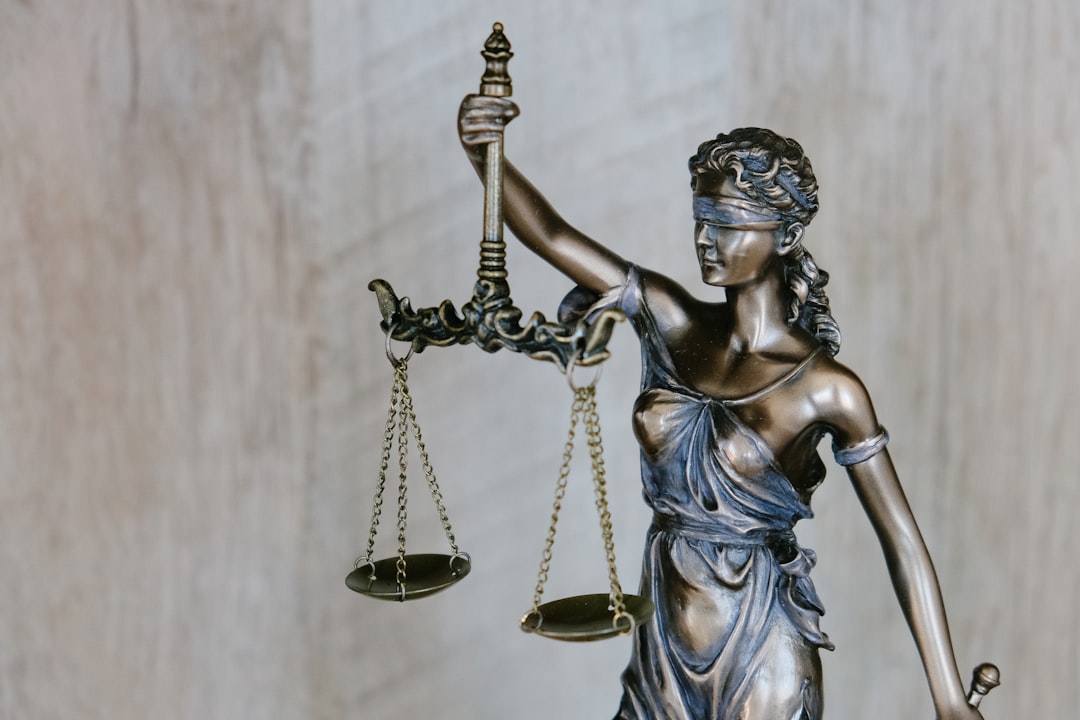Seattle's strict laws against sexual harassment and abuse demand that businesses implement robust anti-harassment policies to protect employees. This includes clear definitions of unacceptable behavior, reporting procedures, staff training, compliance officer appointments, and prompt investigations. Employers should prioritize regular educational sessions led by sexual abuse lawyers in Seattle WA to empower staff to recognize and report illegal behaviors, deterring perpetrators and fostering a safer workplace culture. In case of claims, victims and employers can seek guidance from qualified sexual abuse attorneys and law firms in Seattle WA to navigate legal complexities, protect rights, and mitigate potential consequences.
In Seattle, as in all workplaces across the nation, preventing sexual harassment and abuse is paramount. With a growing awareness of these issues, employers must take proactive measures to foster a safe and respectful environment. This article guides Seattle-based businesses through crucial steps, including understanding local legalities, implementing robust policies, training staff, and providing adequate support for victims. Employing these strategies can help prevent sexual abuse, with the aid of seasoned sexual abuse lawyers in Seattle WA, ensuring compliance and a healthy work culture.
Understanding Seattle's Legal Landscape for Sexual Harassment Cases
In Seattle, as in many parts of the United States, sexual harassment and abuse are taken very seriously under the law. Employers have a legal obligation to provide a safe working environment free from any form of sexual misconduct or assault. Understanding the local legal landscape is crucial for businesses aiming to prevent and address these issues effectively. Seattle’s laws regarding sexual abuse, including those that protect employees’ rights and define employer liability, are comprehensive and stringent.
Employers in Seattle should familiarize themselves with the city’s regulations and policies, such as the Seattle Human Rights Act, which prohibits discrimination and harassment based on sex or gender. Additionally, state-level protections, like Washington’s Law Against Sexual Harassment, offer employees recourse against sexual abuse, assault, or any form of unwelcome behavior of a sexual nature. Given the severe consequences of sexual harassment cases, including substantial financial settlements and damage to business reputation, it is advisable for employers to consult with sexual abuse lawyers Seattle WA, sexual abuse attorneys Seattle WA, or reputable sexual abuse law firms Seattle WA to ensure compliance and develop robust prevention strategies.
Developing and Enforcing Comprehensive Anti-Harassment Policies
Employers in Seattle have a legal and ethical obligation to create and enforce robust anti-harassment policies to safeguard their employees from sexual abuse and harassment. This includes establishing clear guidelines that define unacceptable behavior, including sexual advances, requests for sexual favors, or any form of non-consensual physical contact. Policies should also outline the reporting procedures, ensuring employees feel comfortable coming forward without fear of retaliation.
A comprehensive approach involves regular training sessions for all staff to raise awareness and promote a culture of respect. Employers can also appoint dedicated compliance officers or HR representatives to oversee these policies, investigate complaints promptly, and ensure appropriate disciplinary actions are taken against perpetrators. By implementing such measures, Seattle-based businesses can effectively deter sexual harassment, protect their employees, and maintain a safe work environment, thereby mitigating potential legal risks associated with sexual abuse cases, as suggested by top sexual abuse lawyers in Seattle, WA.
Training Employees to Recognize and Report Inappropriate Behavior
In an effort to create a safe and respectful work environment, employers in Seattle should prioritize training programs that educate employees about recognizing and reporting inappropriate behavior. This includes sexual abuse and assault, which can manifest in various forms, from lewd comments and unwanted advances to explicit messages or physical contact. Training sessions should cover the importance of establishing clear boundaries and the consequences of crossing them. Employees must be empowered to identify behaviors that are not only unacceptable but also illegal, and they should know exactly who to report such incidents to within the organization.
By fostering a culture where employees feel comfortable speaking up, employers can prevent and address instances of sexual abuse early on. Regular workshops or webinars led by qualified professionals, including sexual abuse lawyers in Seattle WA, can ensure that staff members understand their rights and the reporting procedures. This proactive approach not only helps protect employees but also serves as a deterrent to potential perpetrators, contributing to a healthier workplace climate.
Consequences and Support for Victims: A Legal Perspective from Seattle Attorneys
When a victim comes forward with claims of sexual harassment or abuse in Seattle, it’s crucial to understand the potential legal consequences for employers. A sexual abuse lawyer Seattle WA, or a sexual assault lawyer Seattle WA, can help navigate these complex cases. Victims may be entitled to compensation for damages such as lost wages, emotional distress, and medical expenses, among others. The law firm should have extensive experience in handling similar cases, ensuring the victim receives adequate support during this challenging time.
Seattle’s legal landscape provides a robust framework for protecting employees from sexual harassment under state and federal laws. Employers found liable can face severe penalties, including fines and lawsuits. A sexual abuse attorney Seattle WA or a sexual abuse law firm Seattle WA specializing in employment law can guide employers on implementing effective policies to prevent such incidents, ensuring a safe work environment and mitigating potential legal risks.






